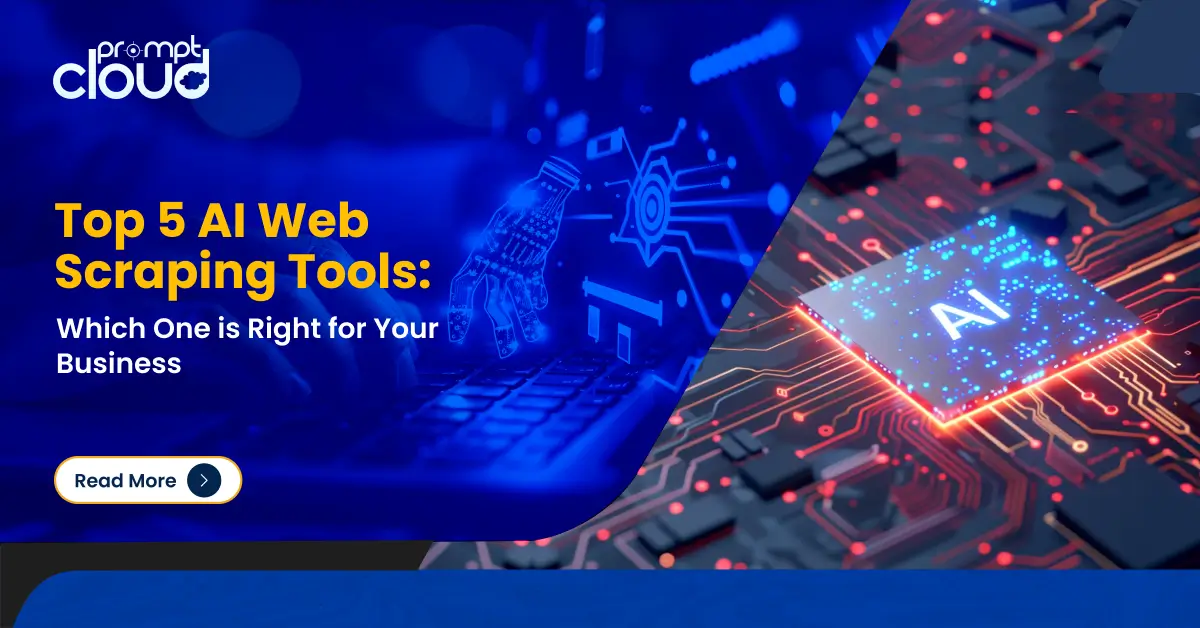
As e-commerce continues to thrive and expand globally, the need for accurate, real-time data has become more crucial than ever. Web scraping, the process of extracting data from websites, has been an essential tool for e-commerce businesses seeking to gather information from competitors, suppliers, and marketplaces. Traditionally, scraping was done Web Scraping Tool using simple scripts or tools that required manual intervention to adjust for changing web pages. However, with the rapid advancements in Artificial Intelligence (AI), the future of web scraping in e-commerce looks set to be faster, more precise, and more scalable than ever. AI-powered web scraping tools are reshaping the e-commerce landscape by enabling businesses to efficiently collect vast amounts of data, glean insights from unstructured information, and stay ahead of competition in an increasingly dynamic market.
One of the most exciting aspects of AI-powered web scraping in e-commerce is its ability to handle dynamic and interactive content. E-commerce websites are often built using JavaScript and other technologies that load content asynchronously or dynamically as a user interacts with the page. Traditional scraping tools struggle to capture this data because they rely on static HTML. AI-powered tools, however, can interact with the page as a human user would—by clicking buttons, scrolling through pages, and triggering real-time content updates. This capability allows e-commerce businesses to collect more comprehensive and accurate data, such as product listings, prices, stock levels, reviews, and promotional offers, even if they are dynamically generated or hidden behind user actions. As e-commerce websites become increasingly interactive, AI will be the key to extracting valuable data from these complex sources.
In addition to capturing dynamic content, AI-powered web scraping tools can also extract and analyze unstructured data, which is a growing source of valuable insights in the e-commerce sector. Unstructured data, such as customer reviews, social media posts, images, and videos, can provide rich insights into customer sentiment, product performance, and brand perception. AI technologies like Natural Language Processing (NLP) and Computer Vision (CV) are revolutionizing how e-commerce businesses process and interpret this data. NLP allows AI to analyze and understand textual data, extracting key themes, sentiment, and topics from customer feedback or social media discussions. Computer Vision enables the extraction of meaningful data from visual sources, such as images of products or advertisements. By integrating these AI technologies into their web scraping strategies, e-commerce businesses can unlock a wealth of unstructured data, enabling them to make more informed decisions about product offerings, marketing campaigns, and customer engagement.
Another significant advantage of AI-powered web scraping for e-commerce is its ability to scale data collection efforts effortlessly. In the fast-paced world of e-commerce, businesses must monitor a constantly evolving marketplace, including changes in product prices, inventory levels, and promotions. Traditional web scraping methods often require manual adjustments to account for changes in website structures, which can be time-consuming and labor-intensive. AI-powered scraping tools, on the other hand, use machine learning algorithms that allow them to automatically adapt to changes in website layouts and content delivery methods. By learning from the data and continuously adjusting their scraping strategies, these AI tools can scale data collection across thousands of websites without the need for constant human oversight. This scalability ensures that e-commerce businesses can gather data from a large number of sources, providing them with a competitive edge by helping them stay informed about market trends in real-time.
AI-based web scraping also improves data quality, which is critical for making actionable business decisions in e-commerce. With the vast amount of data available online, the risk of collecting irrelevant or low-quality information is high. Traditional scraping tools often require manual cleaning and filtering to remove noise and irrelevant data. AI-powered tools, however, use machine learning to automatically prioritize the most relevant data, ensuring that only the most valuable information is collected. These tools can be trained to recognize patterns, such as identifying competitive price changes, tracking inventory fluctuations, or detecting trending products. Additionally, AI algorithms can spot anomalies, like pricing errors or stock discrepancies, allowing businesses to take immediate action. This enhancement in data quality reduces the need for manual data cleaning and enables e-commerce businesses to work with more accurate, reliable, and relevant data, leading to better decision-making.
In conclusion, AI-powered web scraping is poised to revolutionize the e-commerce industry by enabling businesses to gather more comprehensive, accurate, and actionable data. Through machine learning, Natural Language Processing, and Computer Vision, AI can handle dynamic and unstructured data, providing valuable insights into customer sentiment, competitor activities, and market trends. The ability to scale web scraping efforts effortlessly and continuously adapt to website changes ensures that e-commerce businesses can stay ahead of the curve. As AI technology continues to advance, the potential for smarter, more efficient data collection will only grow, giving e-commerce businesses the tools they need to make informed decisions, optimize operations, and enhance customer experiences. The future of AI-powered web scraping is bright, and businesses that embrace this technology will be well-positioned to thrive in an increasingly competitive and data-driven e-commerce landscape.
